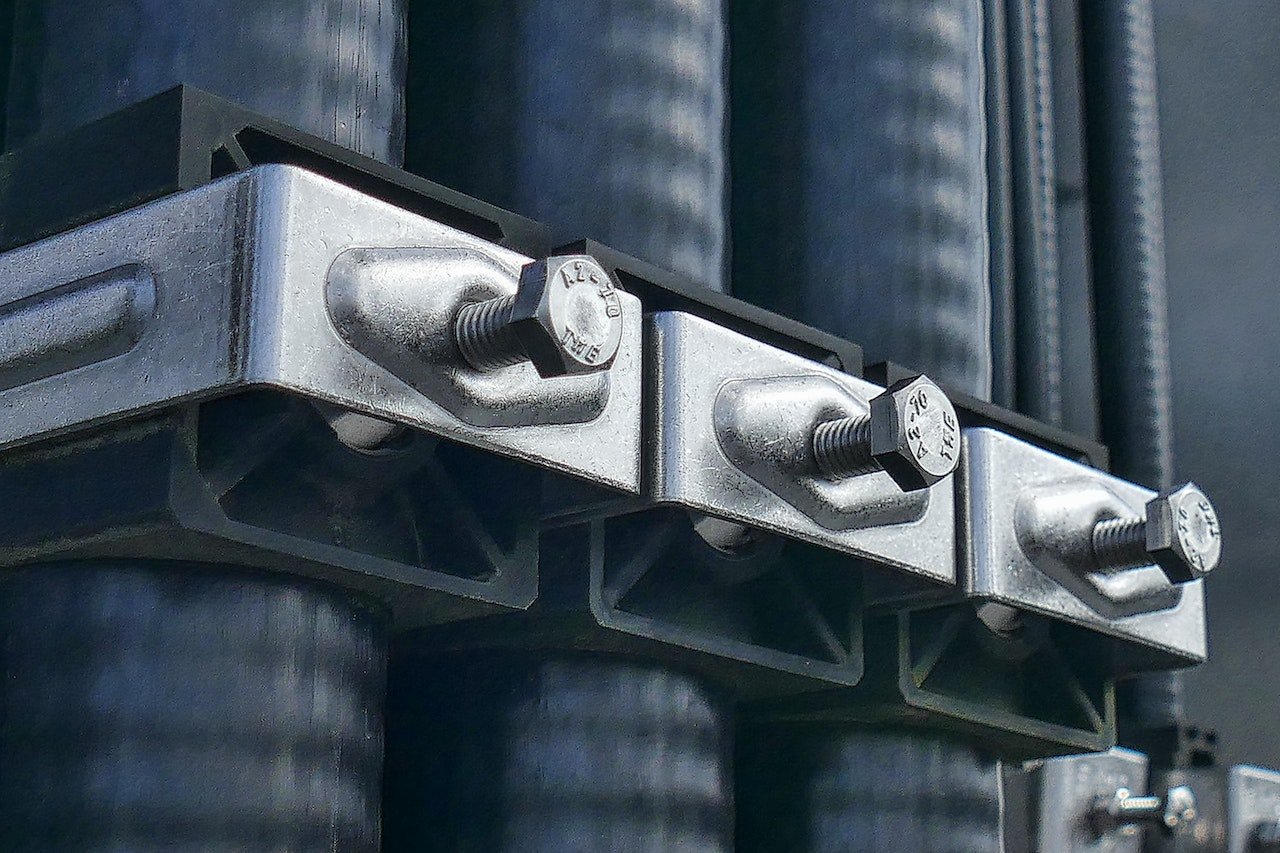
ERP Software for Discrete Manufacturing: Key Features to Consider
Discrete manufacturing differs in nature from any other production technique, whereby continuous processes require very different approaches in terms of resource management, inventory control, and production scheduling.
For example, the core modules within ERP software for make-to-order manufacturing will vary because, in discrete production, the output is the most important metric, where productivity and cost controls are essential to respond quickly to markets, adapting seamlessly to demand.
Functionality Necessary for a Discrete Manufacturing ERP System
There are several capabilities and features that are important within any ERP system designed for manufacturing sector organizations, and a solution designed specifically for the production environment is essential. Some of the many modules and tools that will be beneficial include:
- Production planning and demand forecasting functions, which use real-world and past data to accurately predict requirements, supporting efficiency in procurement, scheduling, and inventory controls
- Inventory reporting, which shows exact data around the components, parts, and utilities across the company, including inbound and outbound stocks
- Quality assurance and control, which uses tools that can continuously analyze whether discrete production outputs are in line with KPIs, regulatory requirements, and industry standards
- Customer relationship management (CRM), which utilizes the data within the ERP to provide integrated CRM alongside other manufacturing modules
An ERP system created for discrete manufacturing helps teams to retain excellent visibility and control over all processes, collating data and information from numerous sources and providing a reporting system in one place that is both searchable and accessible. Consolidated data reporting is the gold standard, allowing managers to reduce errors and remove redundancies, incorporating efficiencies across the board with a fully combined system.
The Advantages of ERP Solutions for Manufacturing Businesses
ERP software is a powerful way to address challenges and improve all aspects of production business outputs, with several benefits that can aid enhanced profitability and forecasting.
Automation in Discrete Manufacturing
Without an ERP solution, businesses can invest hundreds of hours in analyzing and collating data and extracting trends and markers into usable information. ERPs automate these processes in a fraction of the time, providing a centralized database with accurate data and analysis.
Automation removes delays, repetitions, duplicates, and errors, making it easier and faster to understand risks and opportunities.
Data-Driven Decision Making
The on-demand availability of analytics helps discrete manufacturing organizations remain current and aware of market conditions, with analysis and forecasting that are based on relevant data and developing scenarios.
Managers can access immediately visible data to make strategic judgments about how they control processes and departments while delivering the best possible service to clients.
Efficient Cost Reductions
ERPs designed for discrete production can assist with cost reductions by handling any variety of manual processes and labor-intensive tasks, including those which command significant time investments. Businesses can introduce efficiencies to better utilize their workforce, reduce unnecessary labor costs, and mitigate the potential for errors or quality issues that can affect revenues and profitability.
Modules such as market forecasting and inventory management deal with challenges or potential issues immediately while keeping stock and production scheduling under firm control.

